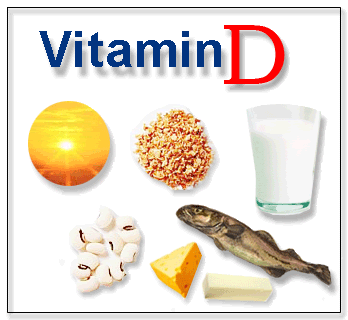| |
|
The answer might surprise you... Can vitamin C supplements help you avoid colds and flu this season? In a word, no. Clinical trials of approximately 10,000 participants, have failed to find that vitamin C supplements decreases the risk of catching cold or flu in ordinary people. However, they did determine it might at least shorten the length of a cold. Can vitamin C supplements help you avoid colds and flu this season? In a word, no. Clinical trials of approximately 10,000 participants, have failed to find that vitamin C supplements decreases the risk of catching cold or flu in ordinary people. However, they did determine it might at least shorten the length of a cold.
Vitamin C is essential in your diet so your body can form collagen in bones, cartilage, muscle, and blood vessels. Vitamin C helps maintain healthy teeth and gums, and helps wounds heal. The best way to increase your vitamin C intake is to eat plenty of fruits and vegetables, such as green or red peppers, kiwi, oranges, melon, and broccoli. Zinc is another nutrient that has not lived up to its promise of preventing colds. Experts disagree about whether zinc lozenges might shorten the duration of a cold, If you decide to try using zinc to make your cold end sooner, you should know that gels or sprays that apply zinc to the inside of the nose should NOT be used. They have been taken off the market after many consumers reported losing their sense of smell. To boost your intake of zinc naturally, choose rich food sources such as beef, poultry, legumes, whole grains, nuts and seeds. The most promising single nutrient in the quest to prevent colds and flu is vitamin D. Several studies have shown that vitamin D deficiency is linked with more colds and flu. It is too soon to know if taking vitamin D supplements can help prevent these upper respiratory infections. Still, people living in Maine may want to consider taking a vitamin D supplement. Unlike other nutrients, which can be consumed in food, your body must manufacture its own vitamin D; this only happens after you bare skin is exposed to strong sunlight. Since that is unlikely to happen during the fall, winter and spring at our latitude, a vitamin D supplement may be in order. Although the outdated Institute of Medicine guidelines still call for 400 IUs of Vitamin D per day for adults, most experts now agree that 1000 IU per day is probably closer to meeting the needs of most people. If you have a documented vitamin D deficiency, you may need even more vitamin D, but higher doses should only be consumed under the supervision of your health care provider.
|
|
